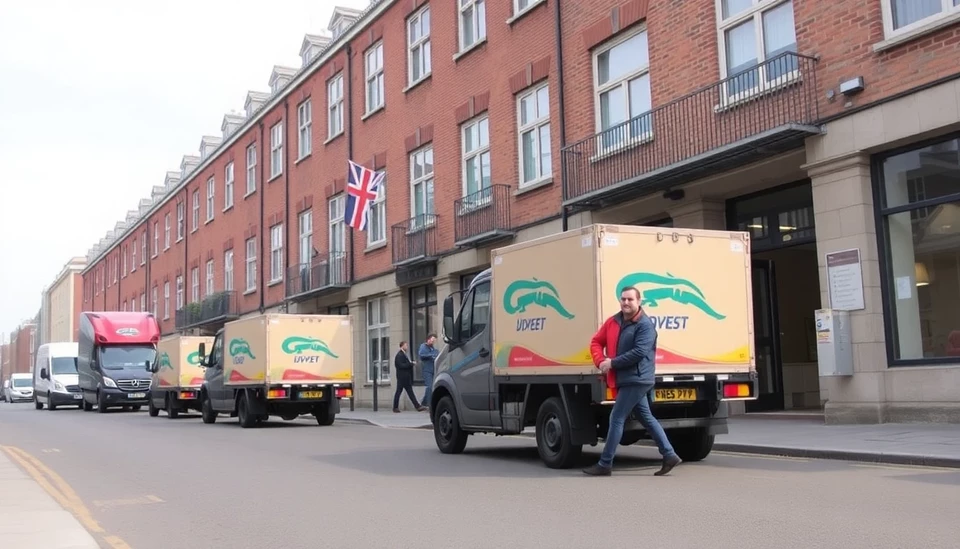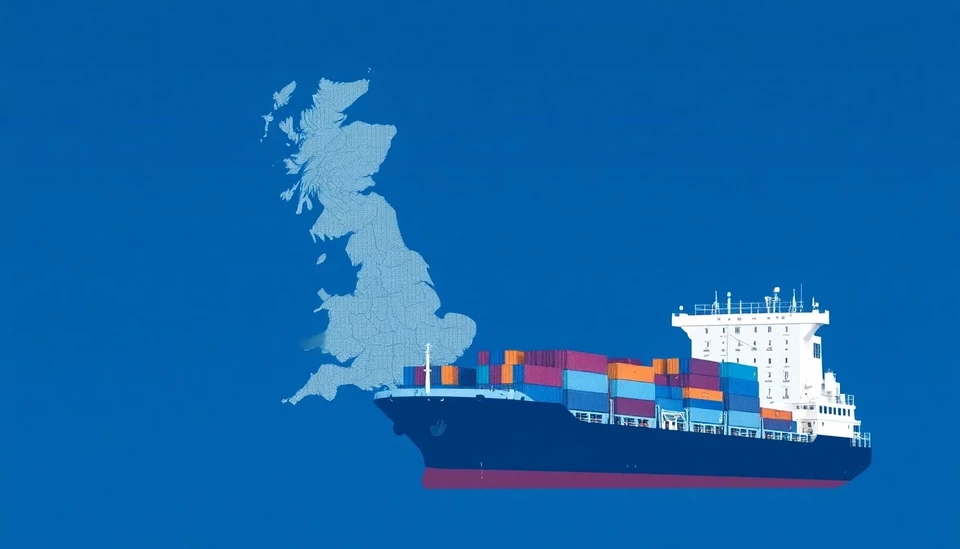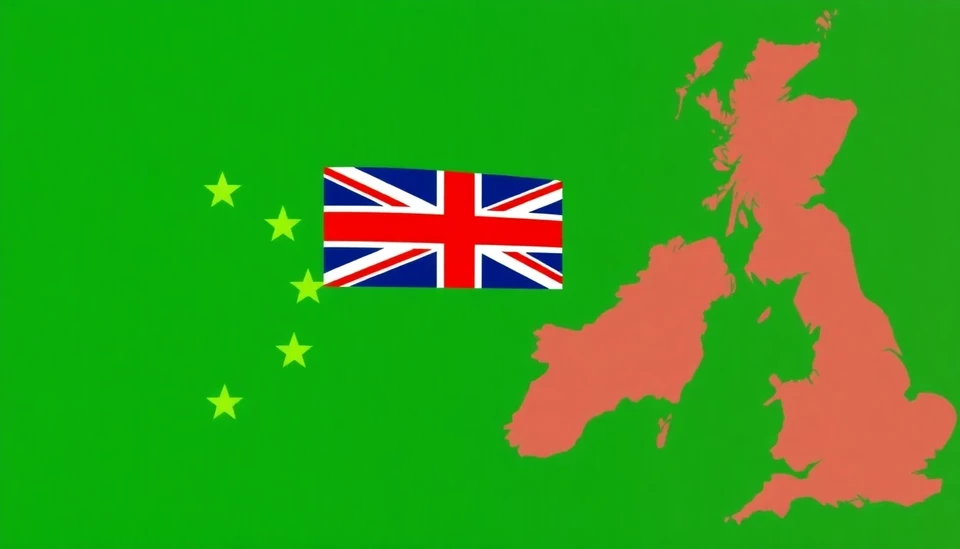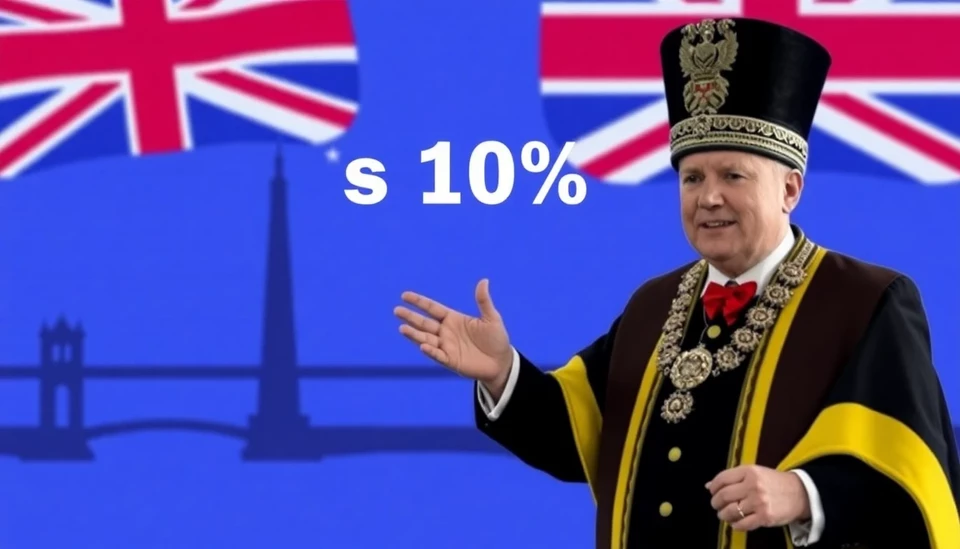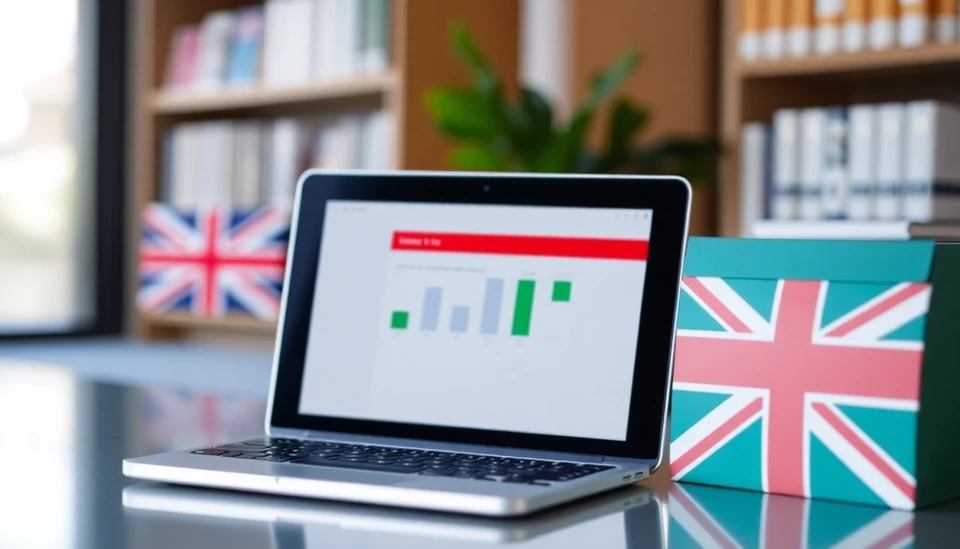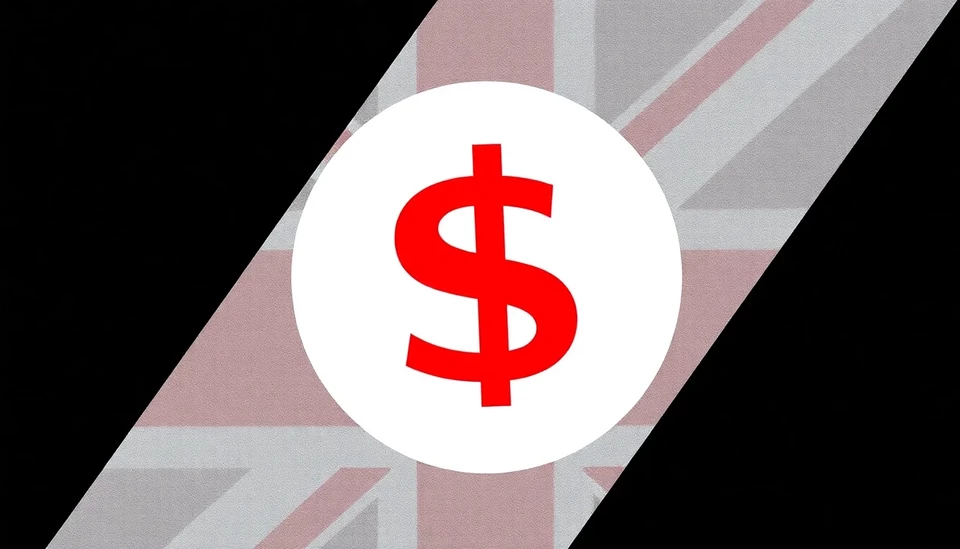
The economic landscape has been dramatically altered as the UK navigates through the complexities of a new tariff regime introduced by former President Donald Trump. The Trump administration recently rolled out $10 billion in tariffs on a series of goods, triggering waves of concern among UK officials and industry leaders regarding its potential consequences on trade relations.
In a bid to cushion the blow of these tariffs, UK authorities are exercising caution and seemingly holding back any immediate retaliatory measures or high-stakes negotiations. Instead, they are contemplating long-term strategies aimed at securing a favorable trade environment amid escalating tensions. This pause reflects a deliberate approach to not rush into actions that might complicate future trade dialogues.
Key UK officials have indicated that they will prioritize discussions focused on the broader implications of these tariffs rather than precipitating an aggressive response that could exacerbate the situation. Observers note that this measured response could serve as a crucial leverage point in future negotiations, perhaps positively influencing other economic sectors.
Trade experts have highlighted the importance of maintaining open channels for dialogue. They argue that the UK should utilize this period to enhance its strategic positioning in global markets while observing how other nations respond to Trump’s tariff regime. This approach may allow the UK to garner support from allies who share similar concerns about the tariff's impact on international trade dynamics.
Furthermore, businesses across the UK are bracing themselves for the potential fallout. Industries heavily reliant on imports are weighing the effects of increased costs, while exporters are evaluating how these tariffs might hinder their competitive edge in the US market. The government is urged to establish a robust plan to support these sectors as they navigate the uncertainty brought on by these tariffs.
Engagement with industry stakeholders has intensified, with government officials seeking insights that may guide a more harmonious trade strategy not only with the United States but also within the framework of bilateral and multilateral agreements. The consensus among economic analysts is to remain vigilant, preserving diplomatic goodwill while preparing for varied scenarios that could unfold in wake of the tariffs.
The UK’s current stance is indicative of a broader strategy: maintaining flexibility and resilience in a tumultuous economic environment. By keeping their options open, UK authorities aim to ensure that they can effectively respond to not just Trump’s tariffs, but also to any other shifts in the global trading landscape.
As the situation develops, the UK is keenly aware that the stakes are high. A thoughtful balance between maintaining trade relations and protecting domestic interests is imperative. The coming months will reveal how successful these strategies prove in mitigating the repercussions of Trump’s tariff imposition while securing favorable conditions for future trade relations.
In conclusion, while the backdrop of tariffs casts a shadow on the UK’s trade landscape, officials are committed to a path that is cautious yet proactive. It remains to be seen how this calculated approach will play out, but the focus on diplomacy and strategic positioning underscores the commitment of UK leaders to safeguard their economic interests amid a challenging geopolitical climate.
#UKTrade #Tariffs #TrumpAdministration #EconomicStrategy #InternationalTrade #UKEconomy #TradeRelations #BusinessImpact
Author: Daniel Foster
